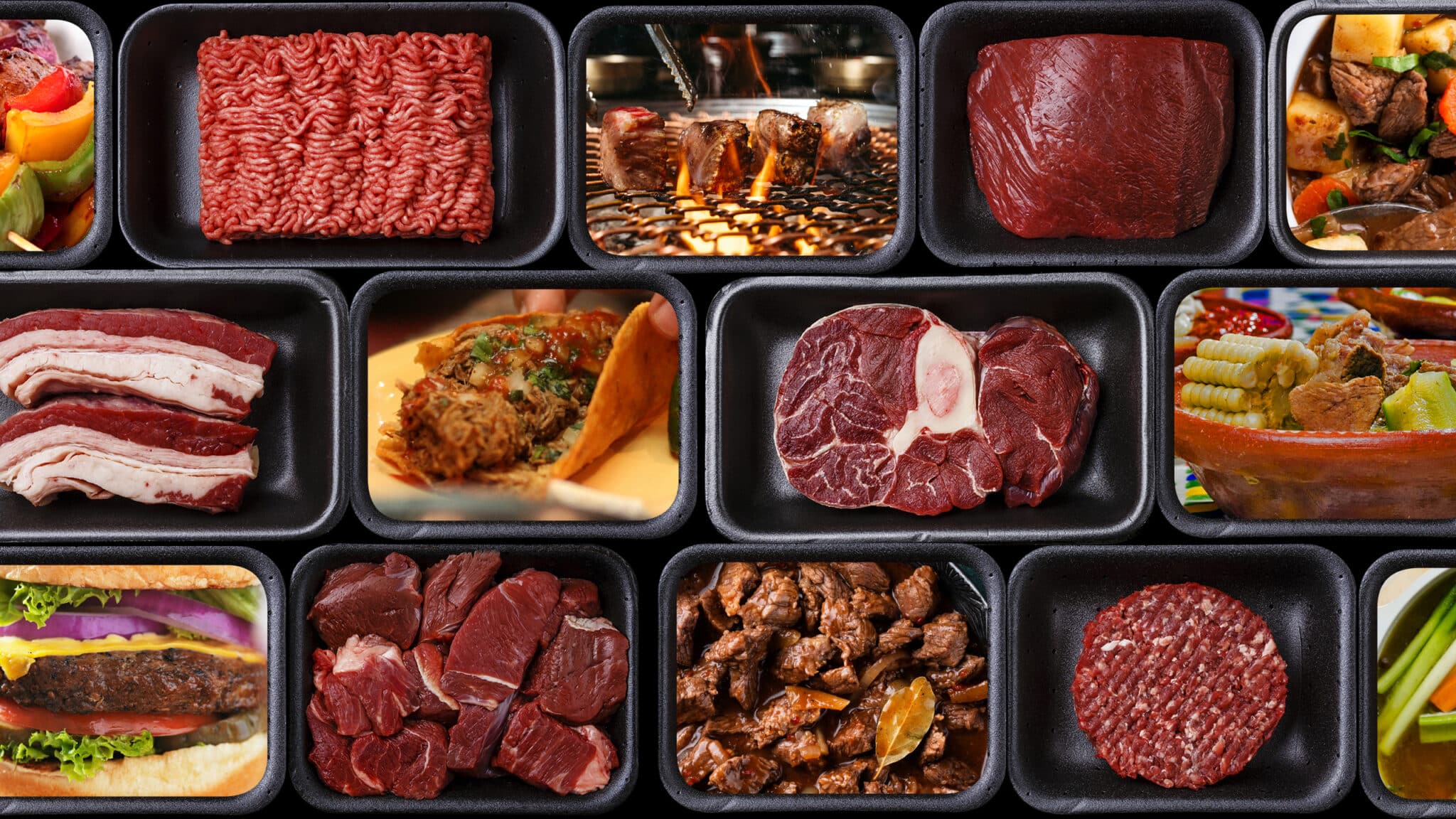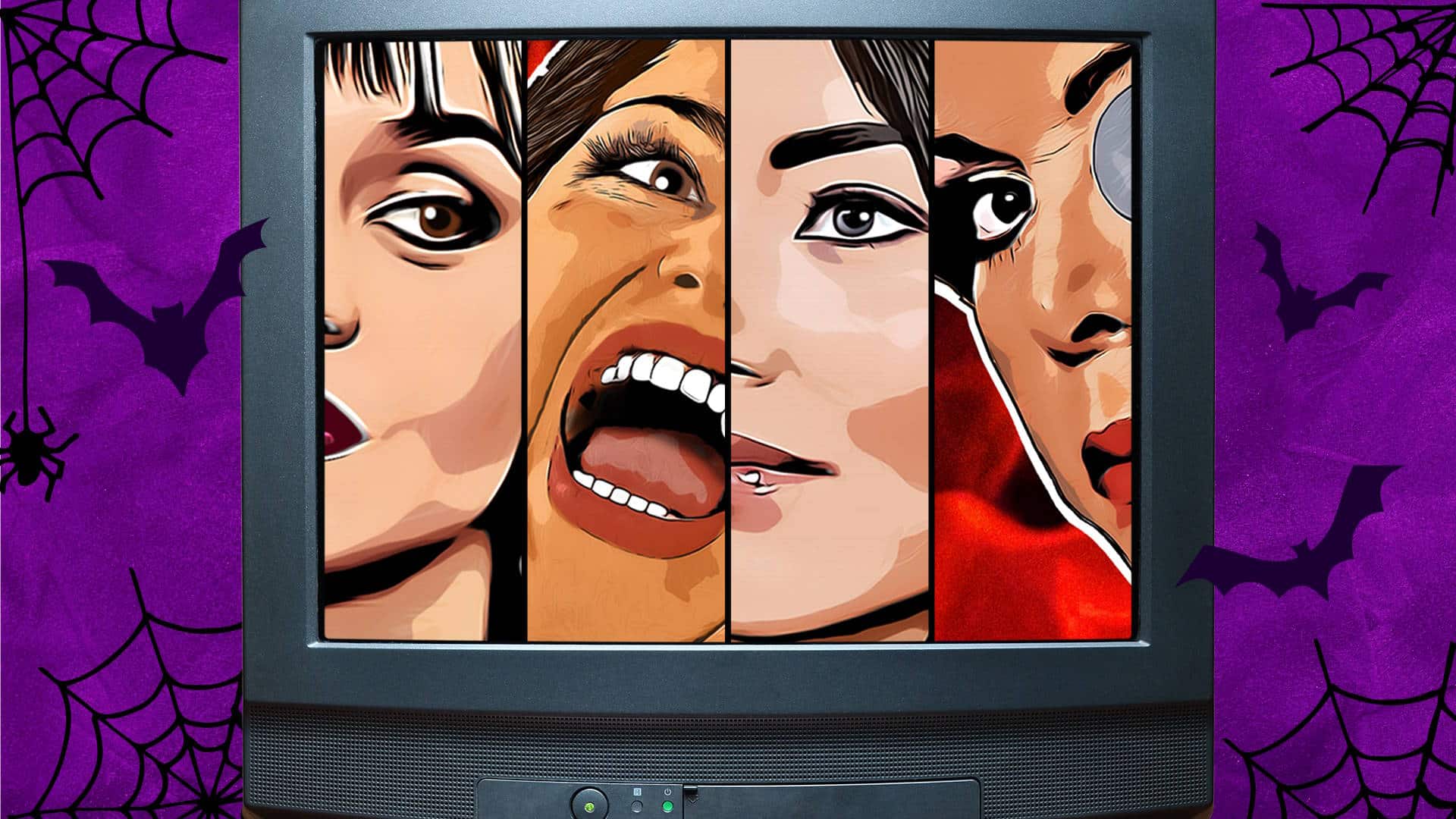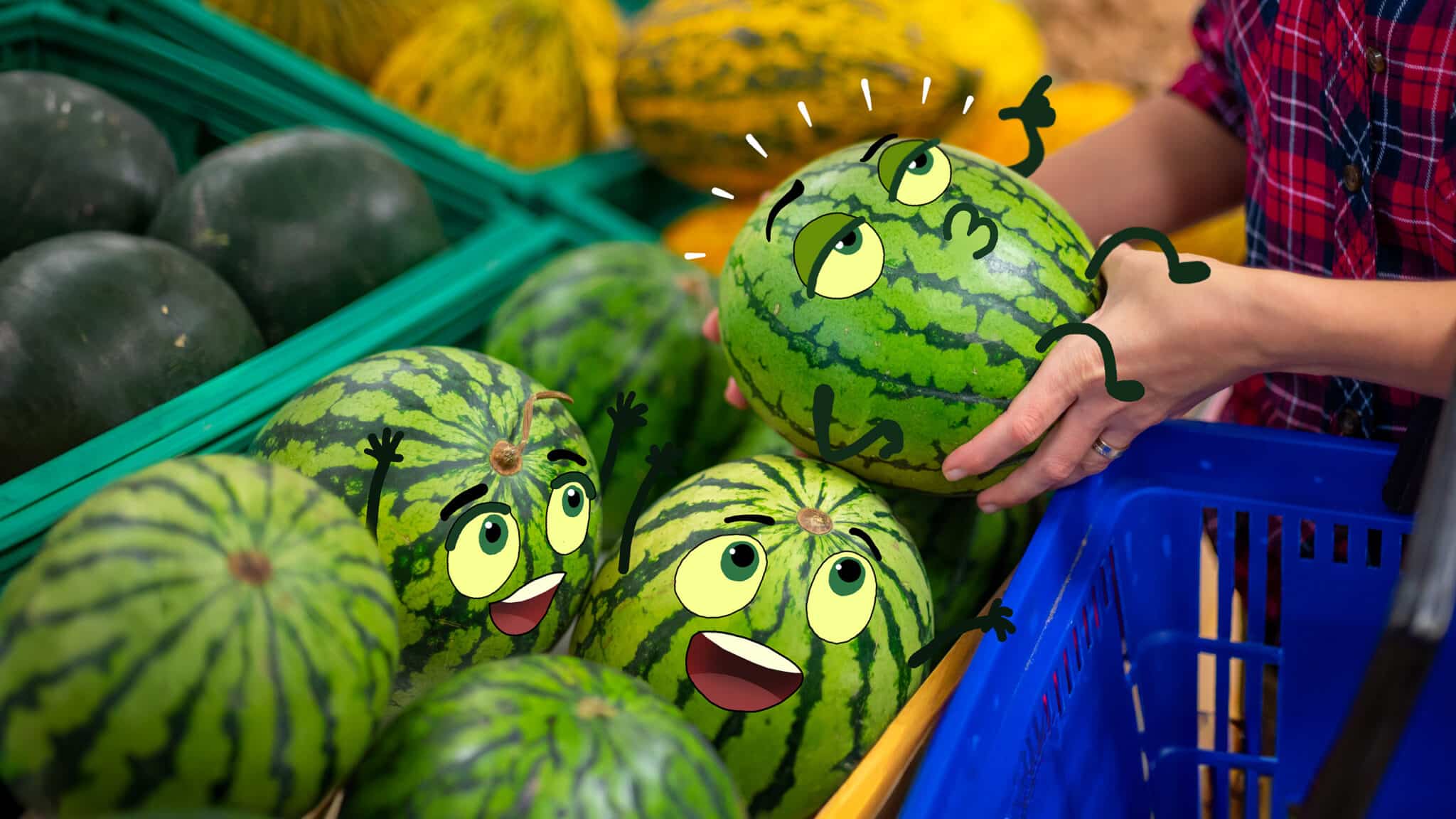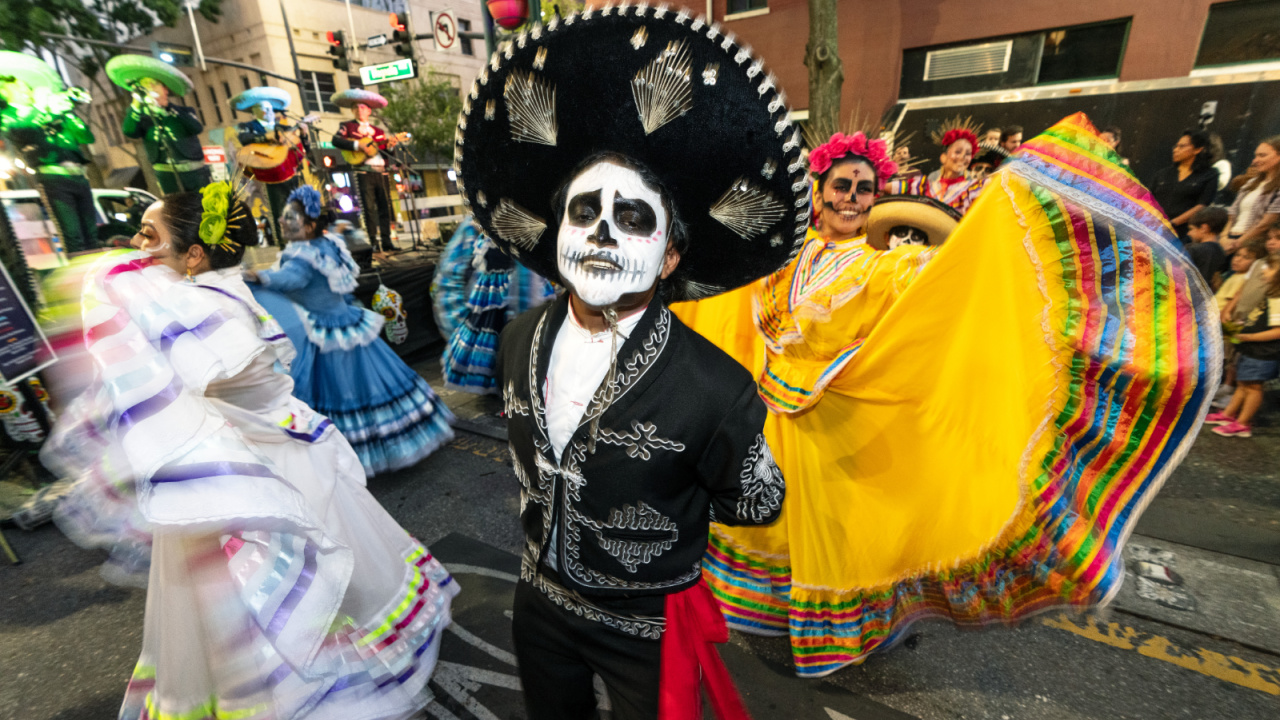This Viral Post Claims Chicharrones Are Healthier Than Veggies — And Honestly, It Says More About the Internet Than It Does About Nutrition
Chicharrones got the seal of scientific approval, allegedly, due to their nutritional value. Somehow, the favorite snack of every tío and abuela might actually be better for you than you thought. Or, at least that is the rumor that is going around the internet. A viral post claiming that chicharrones are healthier than carrots, spinach, and cauliflower is spreading everywhere. But, don’t forget that you can’t believe everything you read on the internet.
A viral post about chicharrones being healthier than vegetables is one rumor everyone seems to support

Look, it makes sense. Being told that something as delicious as chicharrones fit the diet is tempting. It is even more tempting when the post claims to be sharing information from a scientific source. Honestly, we all know that fried pork fat isn’t healthier than vegetables but we want to believe in a better world.
Chicharrones might be low on carbs, but they are high in fat. So, before you run out and throw your vegetables away in favor of chicharrones, make sure you do a double take. Fortunately, the comments section is filled with people clearly loving the joke and getting into the spirit of the discussion. But, there is a surprising fact about who is getting confused by fake news and headlines.
Believe it or not, Millennials and Gen Zers are more likely to be doped by these kinds of headlines
Now, before you go running to warn your mom and dad about the fake news, you should reconsider. According to a study, these kinds of fabrications are more likely to be believed by Millennials and Gen Zers. A study conducted by the University of Virginia (UVA), Millennials and Gen Zers, who grew up on the internet, struggle to detect “bogus, AI-generated headlines.”
“We wanted to see the difference between younger adults and older adults in terms of their ability to detect misinformation,” Hudson Golino, an associate professor of psychology at UVA, told UVAToday. “We discovered something super cool and interesting … older adults are actually less vulnerable to misinformation than younger adults.”
It all boils down to what researchers call “crystallized intelligence.” Essentially, crystallized intelligence is the knowledge, skills, and experience you acquire throughout your life. This dictates how you receive and digest information. Somehow, the two generations most connected to the digital world, according to science, have less crystallized intelligence that older generations.
“Memory, the velocity of processing of information, our capacity to solve abstract problems, they all peak at around 24 years of age, and then they decline with age, especially after 50 and 60,” Golino told UVAToday. “Crystallized intelligence only grows.”
The major factor for this gullibility is how we have consumed news and media
For years, Millennials and Gen Zers have been bombarded with unregulated media through social media channels. What was once thought to be a democratic equalizer, social media has been weaponized to spread dangerous propaganda.
Leading up to the 2024 election, it was discovered that several right-wing influencers received payments from Russia. These influencers used their large platform to spread Russian propaganda that sought to sway public opinion. While some of the influencers claimed ignorance, it is damaging to know that the way younger generations consume facts and stories can be co opted so easily.




